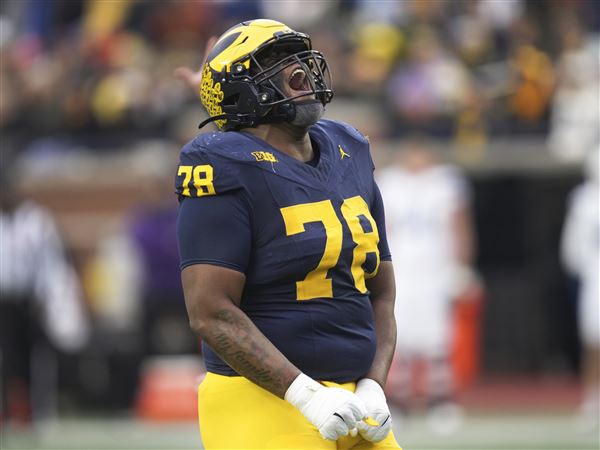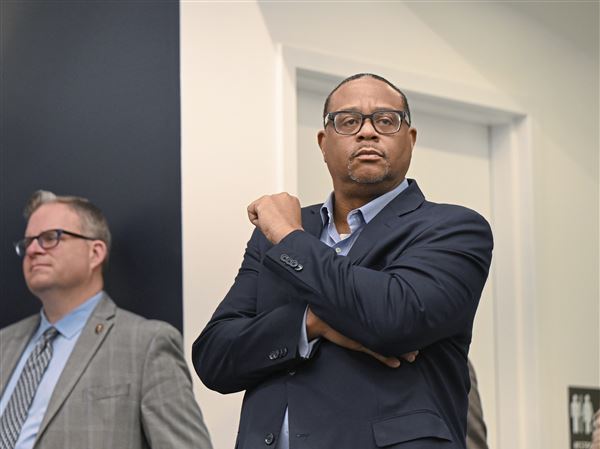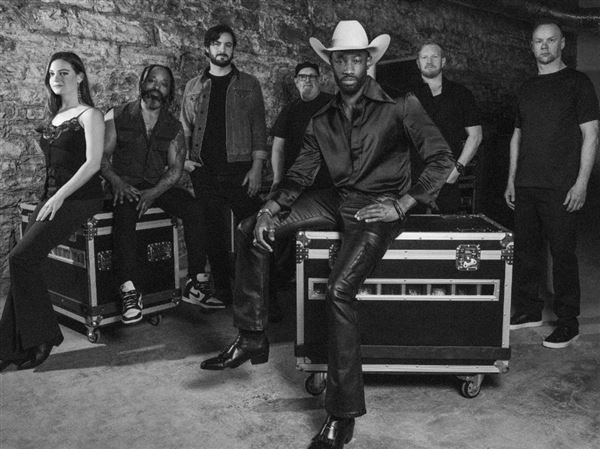Folks will assume I’m trolling in this column, but I’m not. I love Senate primary candidate Kathy Barnette. She reminds me of every Black conservative I ever knew and loved when I was a kid.
Let me be crystal clear: the Montgomery County political commentator who is currently surging in the polls against the Daddy Warbucks duo of TV snake oil salesman Mehmet Oz and hedge fund operator Dave McCormick would be terrible for Pennsylvania and disastrous for America if she were actually elected to the U.S. Senate.
Would she be any worse than Oz or McCormick? Probably, because at least with those plutocrats, there’s evidence that they know how to run large enterprises. Mr. McCormick also has more real world political experience than his rivals, but all three are Trumpian political novices.
Still, I actually like Kathy Barnette. I’d go so far as to say I adore her tough talking pull-yourself-up-by-your-bootstraps conservatism because it is so reminiscent of what I used to hear around the dinner table in West Philly in the ‘70s. She talks like my grandmother did. Grandma would be a disastrous U.S. Senator, too.
To hear Grandma speak of life growing up in segregated North Carolina was to believe she was practically a midwife at her own delivery. She did “everything,” she insisted, including raise her nearly dozen brothers and sisters after their father was killed by a hit-and-run driver on Christmas Eve when she was in her early teens.
Everyone was jealous of my great-grandfather according to her, especially the white folks in town who desired his land, his pigs, his solidly built house and whatever crop he happened to be growing at the time.
My grandmother’s pride in her father’s work ethic was always used as an unflattering comparison to the “shiftless negroes” in the neighborhood.
Even though they were mostly domestics, factory workers and low-level civil servants, a lot of my grandmother’s Great Migration cohort looked down on their northern-born neighbors for “lacking the gumption” they showed in fleeing the south’s racial feudal system to come north to second class employment and status.
They were suspicious of anyone who collected any kind of assistance for any reason when perfectly good, if demeaning, work was available.
They were suspicious of civil rights leaders — except the martyred Martin Luther King, Jr. — who captivated their children and grandchildren with speeches about “systemic racism” and used words like “structural inequality.”
Now, I found such political opinions abhorrent even at the time, and I constantly pushed back against my grandmother’s internalized bigotries, but I was proud of her scrappiness and independence. She thought most white folks were devils, but she conceded there were a whole bunch of them that were “decent Christians,” too.
When I listen to Kathy Barnette’s speeches and interviews, she especially reminds me of my grandmother’s neighbors — working class Black folks who owned their homes, kept loaded guns in their vestibules, refused to use seatbelts, plied the preacher with liquor during his home visits and had a dim view of anyone on public assistance.
Many were veterans of WWII and Korea and had been life-long Republicans until they voted for Kennedy against Nixon. By the time Frank Rizzo became mayor, they were flirting with registering Republican again because Philly’s Democratic machine was so massively racist under his watch.
Ms. Barnette is a living, breathing embodiment of the folks who would sit on their front porches and stoops in the 60s and 70s reminiscing about how bad they used to have it in Alabama, Georgia, South Carolina, “Mississippi goddamn” and every nook and cranny of the Old Confederacy. Ms. Barnette talks about having been raised on a farm around pigs, just like my grandmother, and how she came from a home without indoor plumbing.
My late grandmother grew up in a solid house with everything, including indoor plumbing, electricity and a father who made good money off his own land, but she was just as conservative as Ms. Barnette and easily could’ve written some of the firebrand’s commentaries.
Still, as tough as she was on “colored people,” Grandma never lost the ability to say: “Jesus gonna’ catch every one of these sneaky-assed whites on Judgment Day and tear their hind parts up real good. God don’t love ugly and he ain’t too crazy about beauty.”
Ms. Barnette, who isn’t a millionaire, is surging in the polls because ordinary white Republicans pick up on her authenticity compared to her rivals. White voters, especially evangelicals, are moved by her anti-abortion stance, having been conceived by rape when her mother was 11 years old. Ms. Barnette, who is 50, is glad her mother didn’t have the legal option to abort her.
The Republican establishment is terrified that Ms. Barnette is poised to give Dr. Oz and Mr. McCormick conniptions on Tuesday by running away with an upset win.
Consequently, a whisper campaign against Ms. Barnette is in full swing. She refuses to answer basic questions about her life, like where she grew up, her military career, where she allegedly taught college as an adjunct — basic stuff found in any LinkedIn.
There’s a real fear among Republicans that the Democratic nominee will use Ms. Barnette’s past, possible lies about that past and her lack of transparency against her — which, to be honest, is absolutely guaranteed.
But when Black women like my grandmother were asked questions they didn’t want to answer they would say, “None of your [damn] business” and slam a few doors. That’s what Kathy Barnette effectively does when intrusive questions come her way about her past — legendary or otherwise.
That’s why I’m wishing Ms. Barnette good luck on Tuesday. She’s not going to get many Black votes and I would never vote for her under any circumstances, but she’s the one Republican candidate who has definitely captured my heart. She reminds me of Grandma back in the good ol’ days.
Tony Norman: tnorman@post-gazette.com or 412-263-1631 or Twitter @Tony_NormanPG.
First Published: May 12, 2022, 7:39 p.m.
















